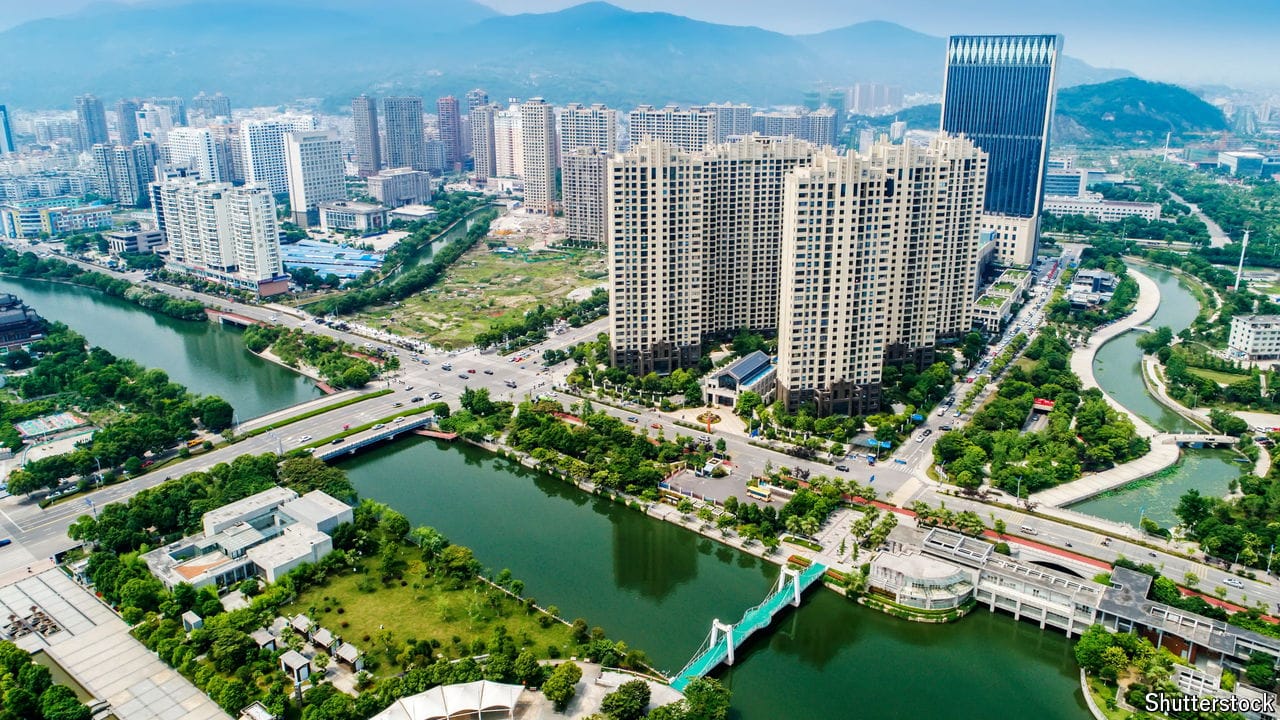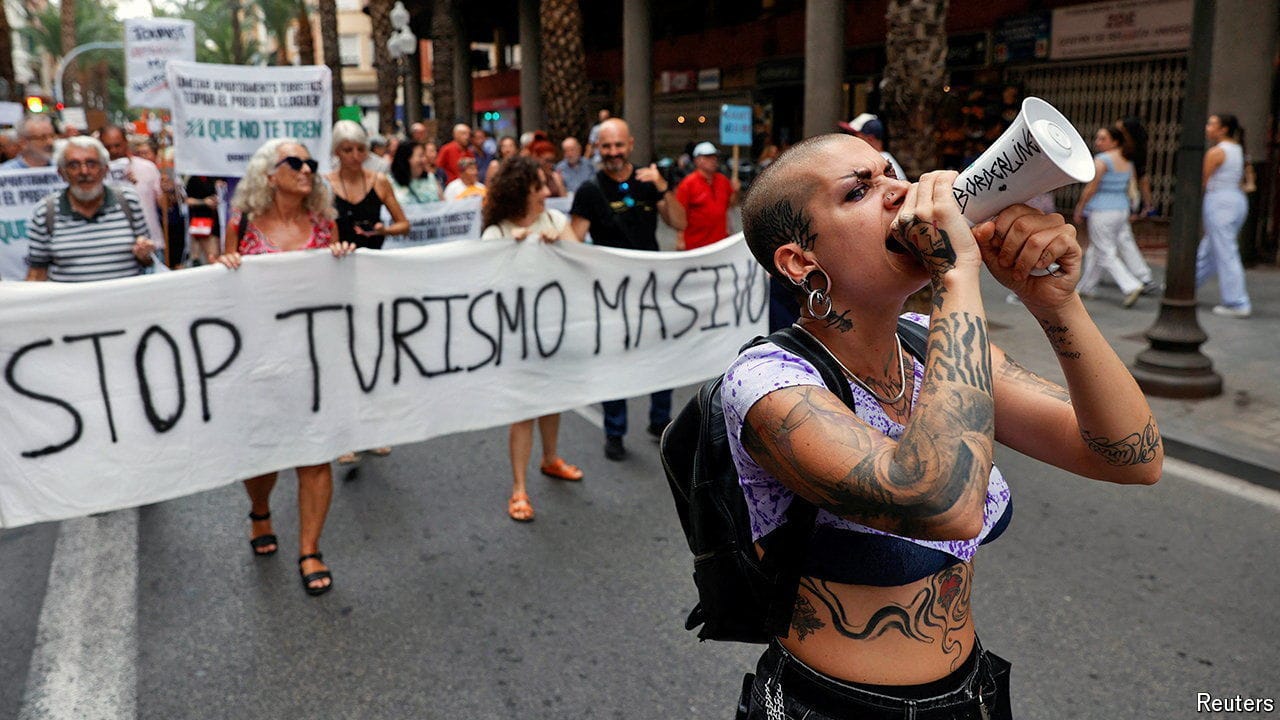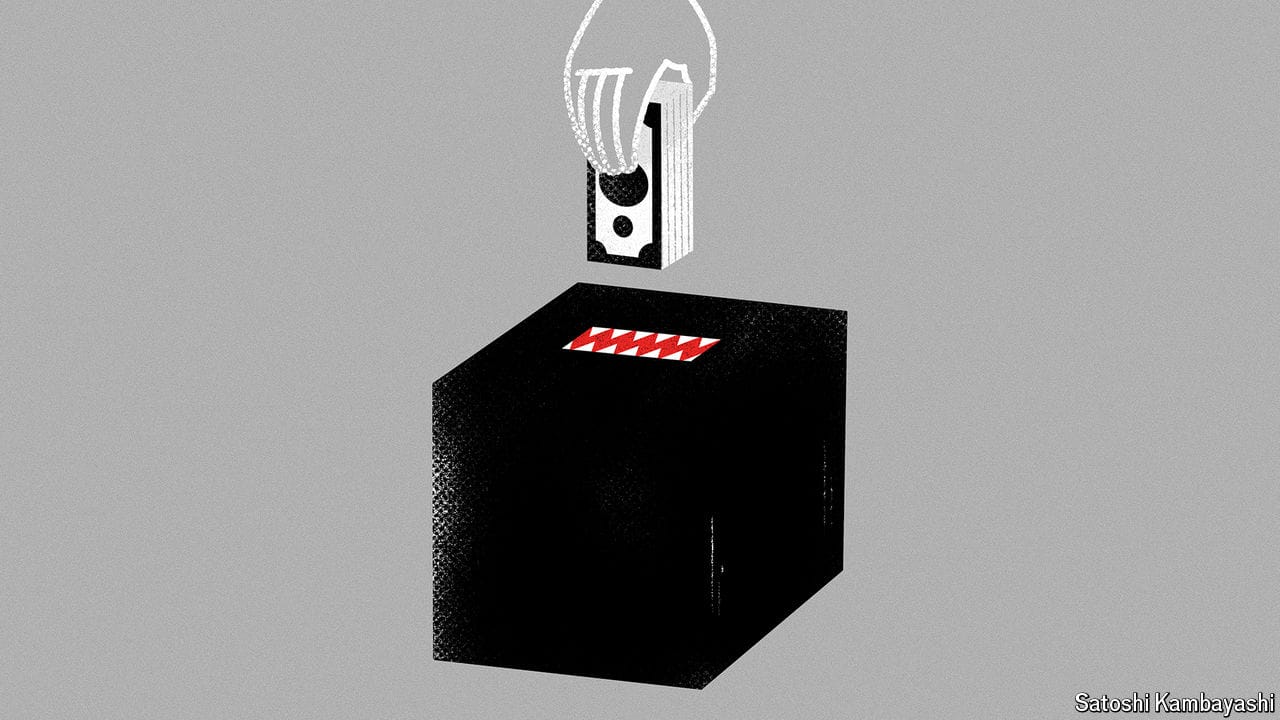The case for mutual educational disarmament
And for a high-stakes, lower-effort test

ECONOMISTS TEND to be big fans of education, which is perhaps not surprising given how much of it they consume and how well their textbooks can do. Alfred Marshall, writing in 1873, hoped that education would help erase the “distinction between working men and gentlemen”. Gary Becker of the University of Chicago reimagined education as an investment in “human capital” that would earn a return in the market much like other assets. Harvard University’s Greg Mankiw, whose books have educated more than most, once calculated that differences in human capital between countries could account for much of their otherwise inexplicable differences in prosperity.
But economics can also be scathing about schooling. The theory of signalling likens many educational credentials to peacock’s tails: costly encumbrances, useful only as conspicuous proof that their owners are intellectually strong enough to bear them. And in “The Social Limits to Growth”, a book published in 1976, Fred Hirsch, once a writer for this newspaper, pointed out that education is often “positional” in nature. What matters is not only how much you have, but whether you have more than the next person. For many students it is not enough merely to acquire a good education. They must obtain a better education than the people jostling with them in the queue for sought-after jobs.
This article appeared in the Finance & economics section of the print edition under the headline “Assume the positional”
More from Finance and economics

China’s last boomtowns show rapid growth is still possible
All it takes is for the state to work with the market

What the war on tourism gets wrong
Visitors are a boon, if managed wisely

Why investors are unwise to bet on elections
Turning a profit from political news is a lot harder than it looks
Revisiting the work of Donald Harris, father of Kamala
The combative Marxist economist focused on questions related to growth
Donald Trump wants a weaker dollar. What are his options?
All come with their own drawbacks
Why is Xi Jinping building secret commodity stockpiles?
Vast new holdings of grain, natural gas and oil suggest trouble ahead
